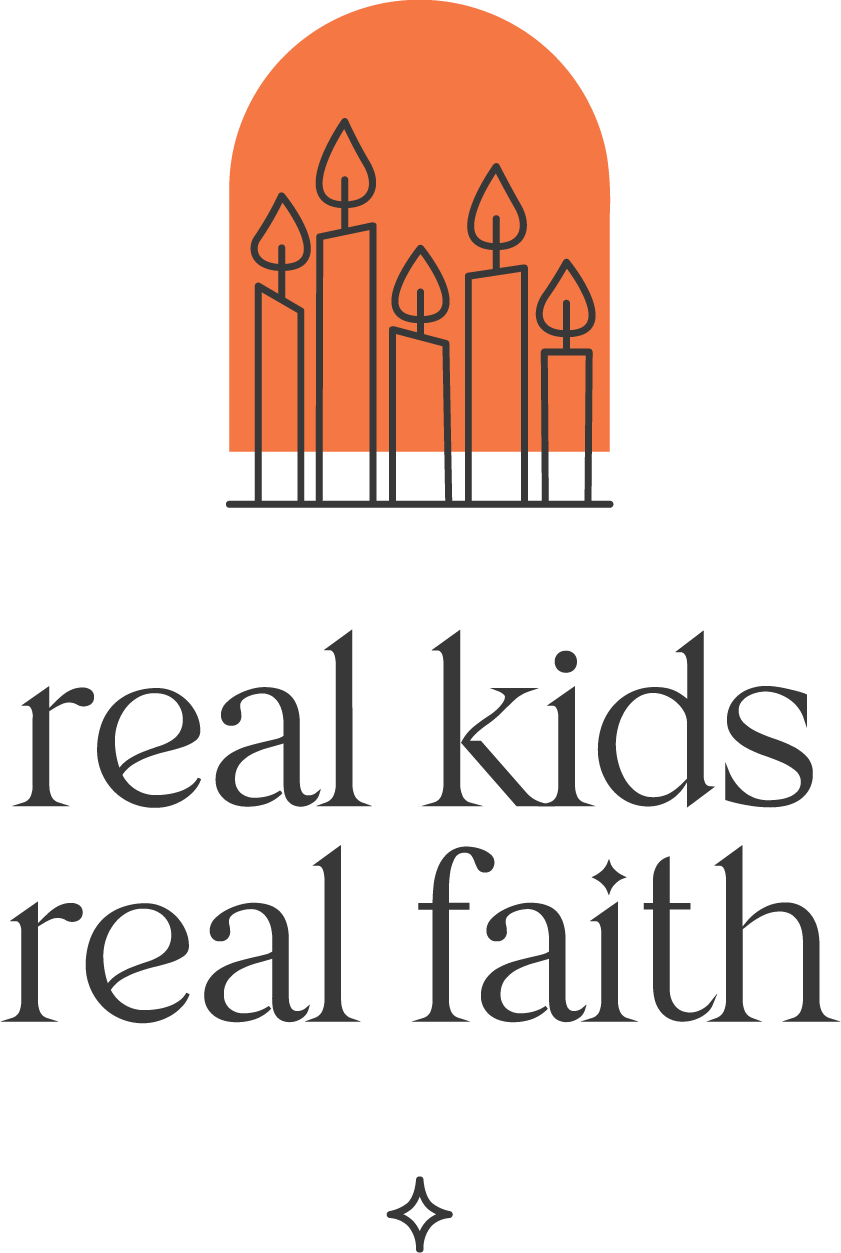Someone once advised me that I should never ask a child a question to which I don’t already know the answer. They didn’t want me to be embarrassed or feel as if my lesson was being derailed. Another colleague would frequently share stories about the funny things children say. They didn’t see how children had anything serious to contribute to communal conversations.
Rather than dismissing children as silly, troublemakers, or incompetent thinkers, there’s another option: we can embrace kids as philosopher selves. Educational psychologists have found that even preschoolers are able to reflect on big questions about life and its meaning. They welcome the opportunity to think deeply with peers and adults.
One way we can create such opportunities is to pose interesting questions and explore them together. Ask children what they think about climate change and taking care of the environment. Wonder together about why people act in certain ways and whether they would do the same things (or not) and why. Invite them to identify things they don’t know about how the world works, brainstorm possible answers, and then conduct research to test your ideas.
Another way we can encourage philosophical thinking is to listen with both belief and disbelief to children’s ideas. When a child shares their thinking, we begin by listening for the truth of what they are saying. We notice how they bring past experiences into their reasoning or draw on information supplied by others. We try to follow their logic so we see how their mind is working. We also pay attention to inconsistencies in their statements and ask constructive questions to help them develop and adapt their thinking.
Both ways require us to see ourselves as co-inquirers with children. We suspend our belief that knowledge moves one way – from adults to kids – and instead work together to learn something new. Our expectation is that our thinking will change because of what we hear from children just as their thinking will change because of what they hear from us and others.
Our willingness to be open to children’s ideas demonstrates that learning is a lifelong process. It suggests that some questions can’t be answered quickly and benefit from ongoing exploration and conversation. It encourages kids’ curiosity and affirms the value of wondering as an important human characteristic. It also reminds us to keep asking questions rather than resting on what we think we already have all figured out.
Exploring big questions together also builds children’s confidence in their ability to make a meaningful contribution to their community. Instead of feeling small and insignificant, kids feel respected as partners in a human quest for understanding. They grow bolder in expressing themselves and more excited about what they might discover. And making meaning is more likely to become a habit they embrace into adulthood.

Comments